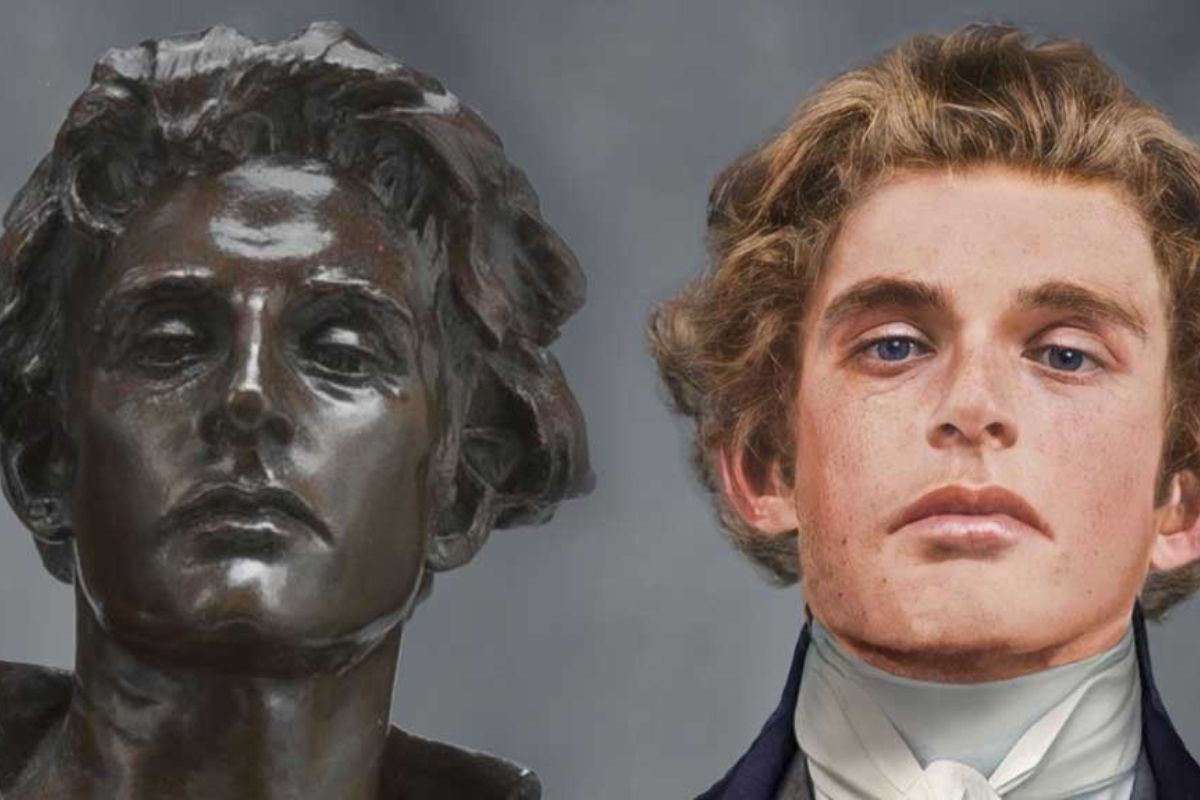
Who was Nathan Hale? Nathan Hale was an American patriot and soldier during the Revolutionary War. Born on June 6, 1755, in Coventry, Connecticut, he is best remembered for his role as a spy. Captured by the British, Hale was executed on September 22, 1776, at the age of 21. His famous last words, "I only regret that I have but one life to lose for my country," have immortalized him as a symbol of American bravery and sacrifice. Hale's story is a blend of courage, dedication, and youthful idealism, making him a fascinating figure in American history.
Key Takeaways:
- Nathan Hale, a brave American patriot, led a remarkable life as a spy and soldier during the Revolutionary War. His famous last words, "I only regret that I have but one life to lose for my country," continue to inspire generations.
- Nathan Hale's legacy lives on through memorials and honors across the United States. His story symbolizes patriotism and sacrifice, inspiring Americans to value freedom and bravery.
Early Life of Nathan Hale
Nathan Hale, an American patriot, is best known for his role as a spy during the Revolutionary War. His early life shaped his future endeavors.
- Born on June 6, 1755, in Coventry, Connecticut, Nathan Hale was one of twelve children.
- Hale's father, Richard Hale, was a prosperous farmer and devout Puritan.
- At age 14, Nathan attended Yale College, where he excelled in literature and debate.
- While at Yale, he joined the Linonian Society, a debating club that honed his public speaking skills.
- Graduating in 1773, Hale became a schoolteacher in East Haddam and later in New London, Connecticut.
Military Career
Nathan Hale's dedication to the American cause led him to join the military. His brief but impactful career is noteworthy.
- In July 1775, Hale joined the Connecticut militia as a first lieutenant.
- He participated in the Siege of Boston, which was one of the early conflicts of the Revolutionary War.
- Hale was promoted to captain in January 1776, reflecting his leadership qualities.
- He led a small unit of soldiers in the defense of New York City against British forces.
- Despite his inexperience, Hale's bravery and commitment earned him the respect of his peers.
The Spy Mission
Hale's most famous act was his ill-fated spy mission. His courage and ultimate sacrifice are legendary.
- In September 1776, General George Washington needed intelligence on British troop movements.
- Hale volunteered for the dangerous mission, knowing the risks involved.
- Disguised as a Dutch schoolteacher, he infiltrated British lines to gather information.
- Unfortunately, Hale was captured by the British on September 21, 1776.
- He was found with incriminating documents hidden in his shoes, sealing his fate.
Capture and Execution
Nathan Hale's capture and execution were swift and brutal. His final moments are etched in American history.
- After his capture, Hale was interrogated by British General William Howe.
- He was denied a trial and sentenced to death by hanging.
- On the morning of September 22, 1776, Hale was executed in New York City.
- His famous last words were, "I only regret that I have but one life to lose for my country."
- Hale's execution took place at a site now believed to be near present-day 66th Street and Third Avenue.
Legacy and Memorials
Nathan Hale's legacy lives on through various memorials and honors. His sacrifice continues to inspire.
- Hale is considered a hero and martyr of the American Revolution.
- Numerous schools, parks, and streets across the United States are named in his honor.
- A statue of Hale stands outside the headquarters of the Central Intelligence Agency (CIA) in Langley, Virginia.
- Yale University, his alma mater, has a statue of Hale on its Old Campus.
- The Nathan Hale Homestead in Coventry, Connecticut, is preserved as a museum.
Cultural Impact
Nathan Hale's story has permeated American culture, symbolizing patriotism and sacrifice.
- Hale's life and death have been the subject of numerous books, plays, and films.
- His story is often included in American history textbooks and taught in schools.
- The phrase "I only regret that I have but one life to lose for my country" is one of the most famous quotes in American history.
- Hale's bravery has been compared to other American heroes like Patrick Henry and Paul Revere.
- His story has inspired generations of Americans to value freedom and sacrifice.
Interesting Tidbits
Beyond his well-known story, there are lesser-known facts about Nathan Hale that add depth to his character.
- Hale was known for his good looks and charming personality.
- He was an accomplished athlete, excelling in wrestling and other sports.
- Hale never married, dedicating his short life to the cause of American independence.
- His execution was witnessed by British officer John Montresor, who later recounted Hale's composure and bravery.
- Hale's legacy is celebrated annually on September 22, known as Nathan Hale Day in Connecticut.
Nathan Hale's Legacy
Nathan Hale's story is a mix of bravery, sacrifice, and patriotism. Born in 1755, he grew up in Connecticut and attended Yale. Hale became a schoolteacher before joining the Continental Army during the American Revolution. His famous last words, "I only regret that I have but one life to lose for my country," have inspired generations. Captured by the British while on a spy mission, he was executed at just 21 years old. Hale's dedication to the cause of American independence remains a powerful symbol of courage. His legacy lives on in schools, statues, and even a U.S. Navy submarine named after him. Remembering Nathan Hale helps us appreciate the sacrifices made for freedom and the enduring spirit of those who fight for it. His story reminds us that true heroism often comes with great personal cost.
Frequently Asked Questions
Was this page helpful?
Our commitment to delivering trustworthy and engaging content is at the heart of what we do. Each fact on our site is contributed by real users like you, bringing a wealth of diverse insights and information. To ensure the highest standards of accuracy and reliability, our dedicated editors meticulously review each submission. This process guarantees that the facts we share are not only fascinating but also credible. Trust in our commitment to quality and authenticity as you explore and learn with us.


